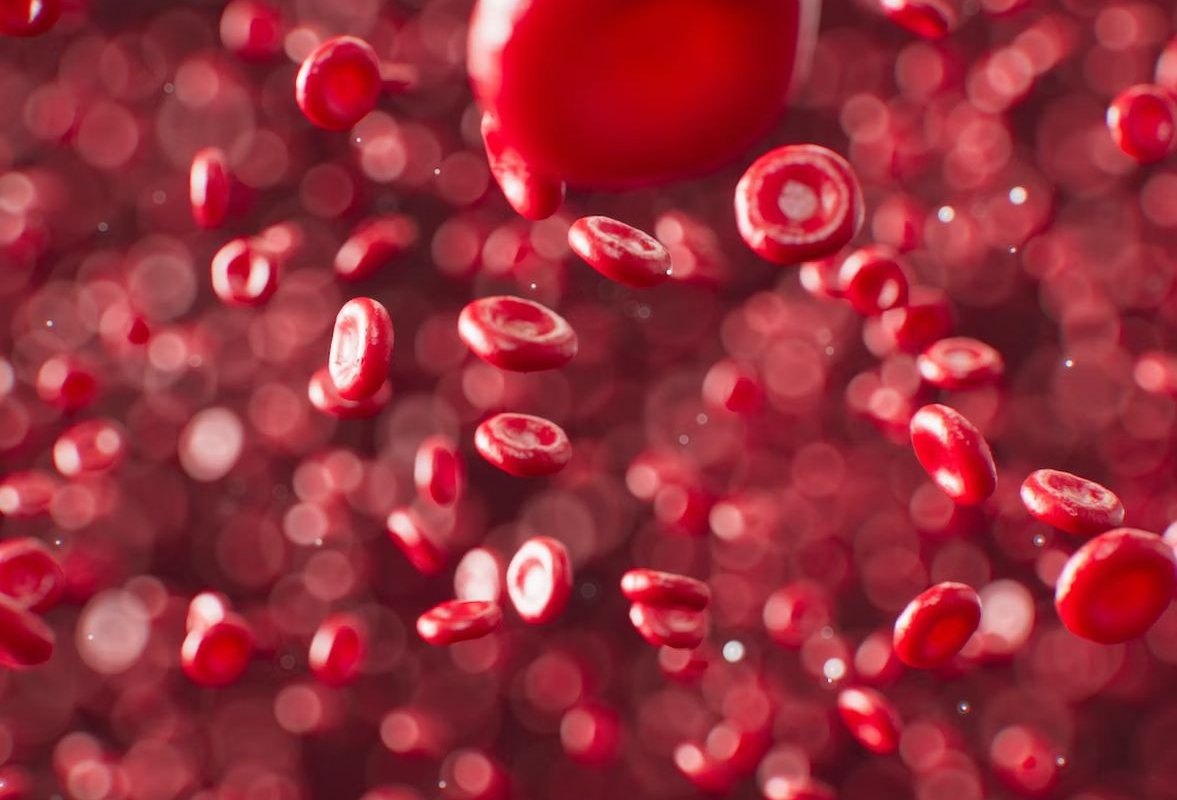
Dietician Marina Makisha: if there is a tendency to thick blood and thrombosis, it is necessary to control the presence of vitamin K in the diet.
Doctor Makisha reminded that Vitamin K is a trace element that regulates two important functions in the body: blood clotting and calcium metabolism. A lack of this vitamin increases the risk of dangerous disorders (for example, in the state of the circulatory system).
“If there is not enough vitamin K, calcium may be distributed incorrectly: it is deposited in the walls of blood vessels, which leads to their calcification – this is a very dangerous condition,” the doctor warned.
However, some people need to strictly control the amount of vitamin K they can get from food. Marina Makisha noted that in some cases, vitamin K leads to the formation of blood clots – people with an existing problem of thick blood and a tendency to thrombosis are primarily at risk. They should absolutely not allow an overdose of the vitamin in their menu, even if we are talking about a slight excess of its amount. Some vitamin-containing foods can be excluded from the diet (the decision about this is made by the attending physician).
For people without this problem, vitamin K does not threaten the formation of blood clots, the doctor emphasized.
“In a person without a tendency to increased blood clot formation and thrombosis in the anemnesis, vitamin K, obtained by the body from foods, will not cause an overdose and health problems,” Makisha told Vechernaya Moskva.
The MedikForum.ru portal previously wrote about when sugar increases the risk cancer.
Important! Information is provided for reference purposes. Ask a specialist about contraindications and side effects and under no circumstances self-medicate. At the first signs of illness, consult a doctor.
 Marina Makisha Health nutritionist
Marina Makisha Health nutritionist
